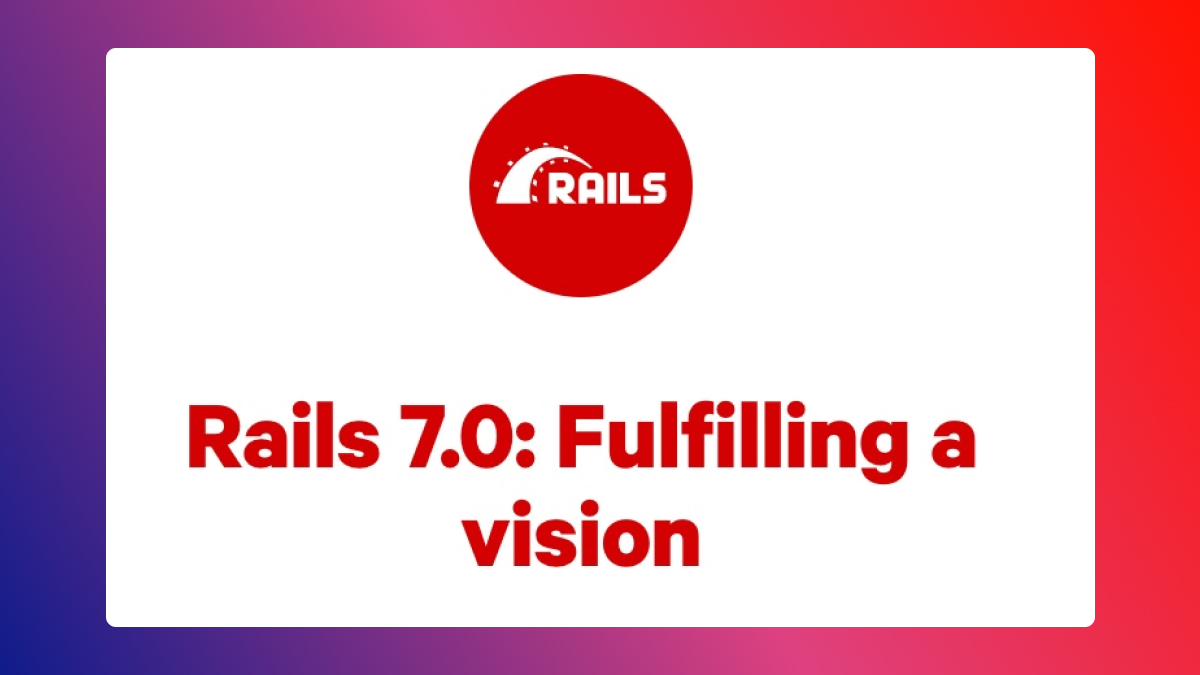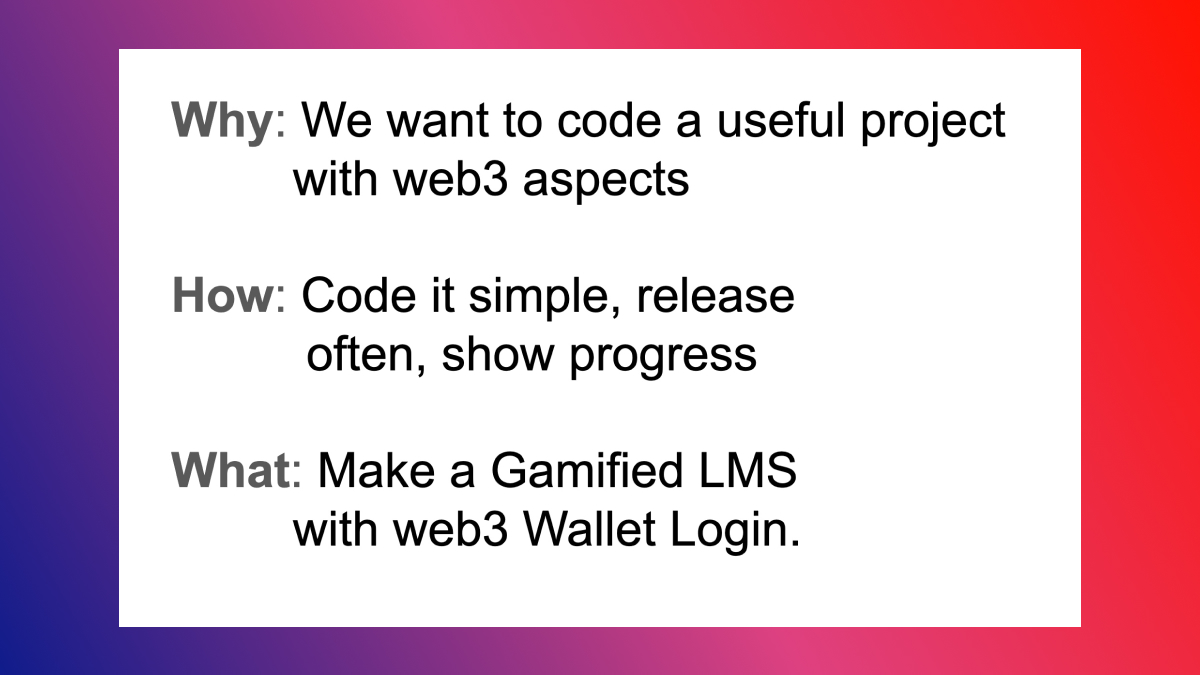
Our UX designer just quit without even starting 😮
My mistake 🤦🏻. I relied on one person, who I haven’t worked with prev.
I didn’t follow my principles:
- 1️⃣ hire multiple people
- 2️⃣ choose the best.
Let’s fix this and go on @Upwork.
I’ll show you how to write a good JD
👇
My mistake 🤦🏻. I relied on one person, who I haven’t worked with prev.
I didn’t follow my principles:
- 1️⃣ hire multiple people
- 2️⃣ choose the best.
Let’s fix this and go on @Upwork.
I’ll show you how to write a good JD
👇

Step 1: a good headline.
My choice: "[web3] UX for elearning portal (full specs) [newcomers welcome]"
Following the AIDA framework:
- Attention: web3. Something new
- Interest: full specs (= easy job)
- Desire: Even a newbie can do it
- Action: click on it
My choice: "[web3] UX for elearning portal (full specs) [newcomers welcome]"
Following the AIDA framework:
- Attention: web3. Something new
- Interest: full specs (= easy job)
- Desire: Even a newbie can do it
- Action: click on it

Step 2: adding skills. We keep this simple
- Figma: because that’s what we use here (and how I make these images)
- User Flow: can be helpful
- Mockup: This is the end result we’ll need
- Wireframing: an alias for mockups
Correct me if I’m wrong on these. I’m using my intuition
- Figma: because that’s what we use here (and how I make these images)
- User Flow: can be helpful
- Mockup: This is the end result we’ll need
- Wireframing: an alias for mockups
Correct me if I’m wrong on these. I’m using my intuition

Step 3: scope. Our choice:
- Small job: I think this can be done in a weekend
- Less than 1 month: because it needs to get done ideally until next Monday 🤞🏻
- Intermediate level: I could try entry, but I fear we'll get too many newbies.
- no budget for now.
Next: writing the JD
- Small job: I think this can be done in a weekend
- Less than 1 month: because it needs to get done ideally until next Monday 🤞🏻
- Intermediate level: I could try entry, but I fear we'll get too many newbies.
- no budget for now.
Next: writing the JD

Here you see the #jobdescription.
We write it in a conversational and friendly tone. Then we add the test task.
The test task helps week out spammers who apply without reading.
Another option would be to ask for a video where they show their experience. Next time.
ok. submit
We write it in a conversational and friendly tone. Then we add the test task.
The test task helps week out spammers who apply without reading.
Another option would be to ask for a video where they show their experience. Next time.
ok. submit

Okay, we are online. Final step: invite freelancers.
Controversial step: invite people who are newcomers. I am inviting a few who could give me a good bang for the buck.
And then I'll invite 8 who are higher-priced and more experienced.
Let's wait now. I keep you posted ❤️🔥
Controversial step: invite people who are newcomers. I am inviting a few who could give me a good bang for the buck.
And then I'll invite 8 who are higher-priced and more experienced.
Let's wait now. I keep you posted ❤️🔥

• • •
Missing some Tweet in this thread? You can try to
force a refresh










